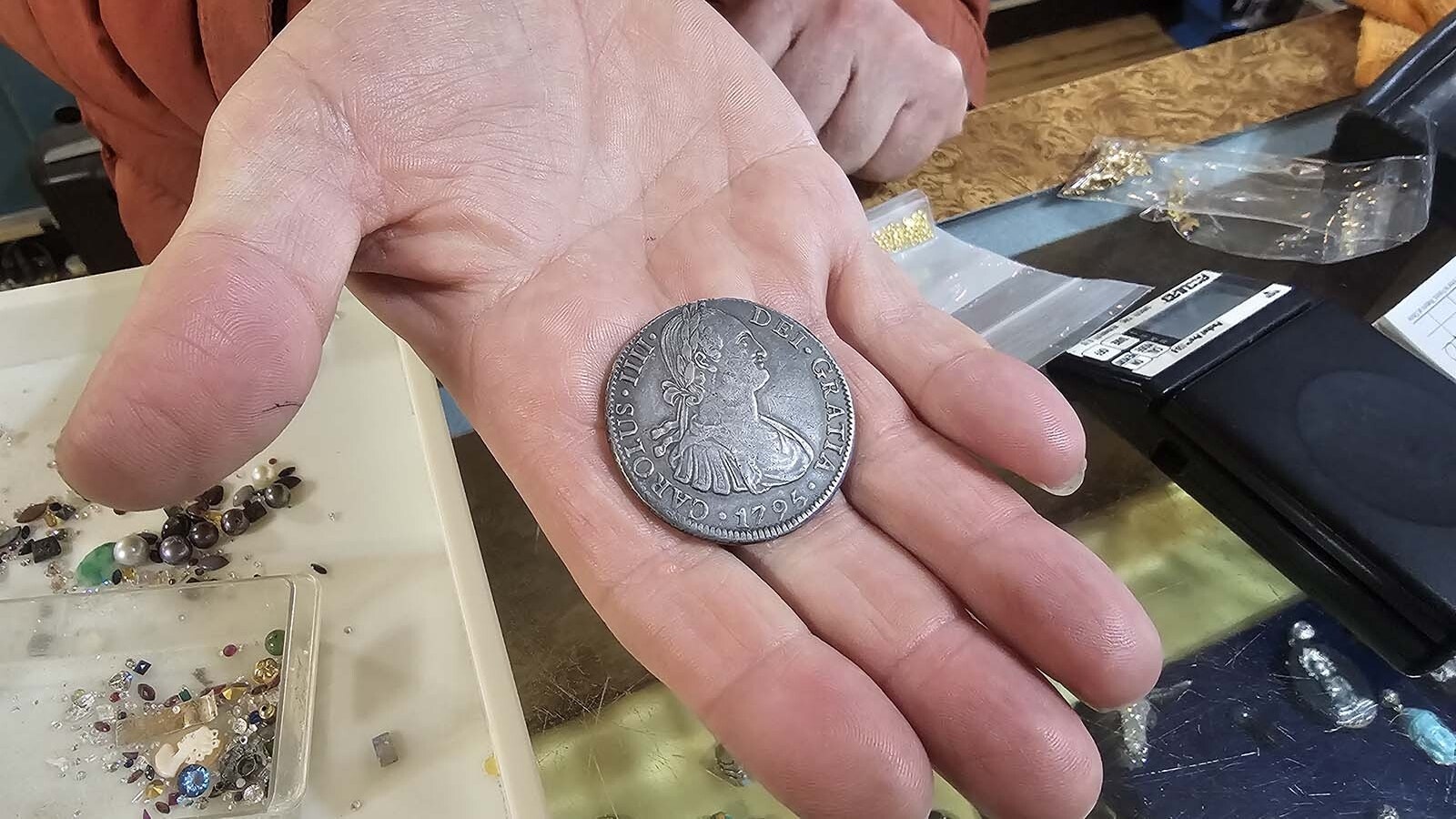A federal effort to block Wyoming’s first legally recognized decentralized autonomous organization is “just a temporary drama,” American CryptoFed DAO officials say, and the digital organization isn’t waiting on the outcome off a Securities and Exchange Commission enforcement action.
“We will overcome the SEC issues sooner or later,” American CryptoFed CFO Xiaomeng Zhou told Cowboy State Daily in an email.
Zhou said he was heartened that all of American CryptoFed’s evidence was admitted during an SEC hearing earlier this year, despite objections from the SEC Division of Enforcement, as well as by statements from the judge overseeing the case.
“I understand that you sort of perceive a Catch 22 where the government is telling you … to register and then they make it impossible for you to register,” Judge Carol Fox said during a January hearing.
Even if a stop order is issued in May, when the judge is expected to issue her decision, Zhou said his company will still win the case because “the law still requires the stop order to include the guidance, so that American CryptoFed can complete its registration.”
“For this reason, we keep pushing the SEC to provide us with an examiner, so that we can complete the registration,” he said.
Third Time A Charm?
Concurrent with the SEC enforcement action, Zhou has been sending letters to the federal regulatory agency seeking to know who the company’s examiner is.
The receipt of those letters has not yet been acknowledged or responded to, which Zhou said is further evidence of how unfairly the SEC has been treating digital asset companies.
“Constitutional due process and fair notice require laws and regulators give a person of ordinary intelligence a reasonable opportunity and guidance in the process to know how to comply with the laws and regulations,” Zhou wrote in his latest and third letter to the SEC.
“In this case, the failure of due process is shown through the failure of the Division of Corporate Finance to abide by the SEC’s Filing Review Process which explicitly specifies an Examiner for close to one and one-half years since our Form S-1 filing, despite our repeated requests.”
First Legally Recognized DAO
American CryptoFed DAO is Wyoming’s first — in fact, it’s the nation’s first — legally recognized DAO, an acronym for decentralized autonomous organization.
The company’s CEO, Scott Moeller, told lawmakers last year the reason the company came to Wyoming was the regulatory framework the Cowboy State has created for decentralized autonomous organizations, which essentially serve as digital infrastructure for the online universe.
They can range in purpose from digital club memberships and kick starter campaigns for a shared group purpose, to ideas like American CryptoFed DAO’s, to create a frictionless payment system for businesses and individuals that would virtually eliminate costly transaction fees, such as those merchants pay when customers use a credit card.
The DAO already has the backing of Merchant Advisory Group, which represents 165 of the largest U.S. merchants. Between them, these merchants have more than $4.8 trillion in annual sales at more than 580,000 locations across the nation.
Making An Example
It was American CryptoFed’s attempts to gain regulatory guidance that led to its current troubles with the SEC. In June, the company tried to register its two tokens, the Ducat and the Locke.
The Ducat, a stable coin, will be tied to data like the Consumer Price Index so it will resist inflation and volatility, keeping its value steady between monetary exchanges.
The Locke, meanwhile, is the governance token that participating members will use to ensure the Ducat’s stability and to make other network rules and decisions.
American CryptoFed DAO withdrew its application for the two tokens not long after trying to register, when it became clear their product didn’t fit the SEC’s framework for a security.
The SEC, however, rejected the withdrawal and initiated an enforcement action, claiming American CryptoFed DAO’s filing was misleading and materially deficient. It also accused them of being uncooperative.
Precedent Setting
How the American CryptoFed DAO case pans out will likely dictate how the rest of Wyoming’s 500 or so DAOs can expect to be treated by federal agencies.
The fight is actually one of two David-and-Goliath battles going on right now between Wyoming digital asset companies and the federal government.
The other big fight that will likely chart what’s possible for Wyoming’s digital asset aspirations is the one between Custodia and the Federal Reserve.
The state-chartered Wyoming bank has been trying for three years to gain access to the federal reserve with a master account.
As a state-chartered bank, Custodia already has to follow all the same rules any other bank would have to follow. Custodia contends in the lawsuit it’s filed against the Fed that federal law simply says the Fed “shall” issue master accounts to duly state-chartered banks.
The case has survived a recent motion to dismiss, which is atypical. Most cases against the Fed by small state-chartered banks don’t make it past that stage.





